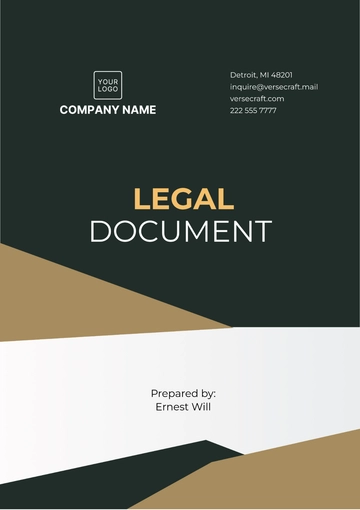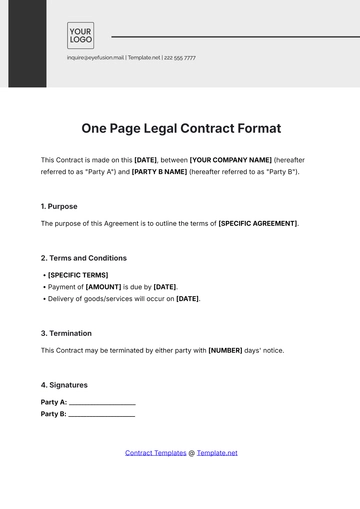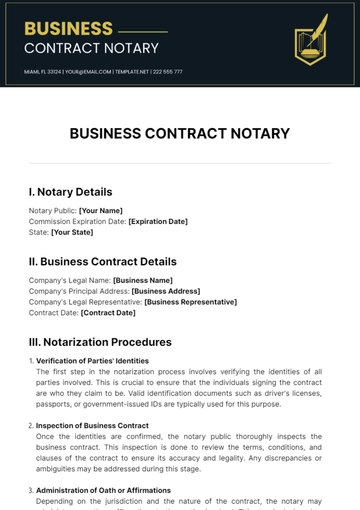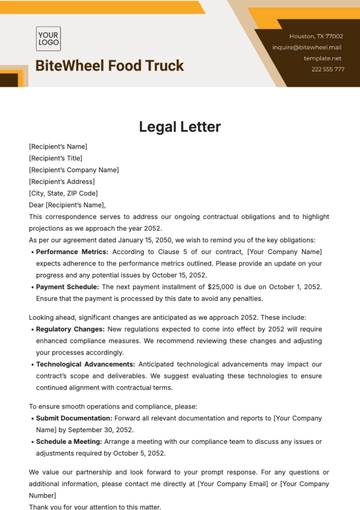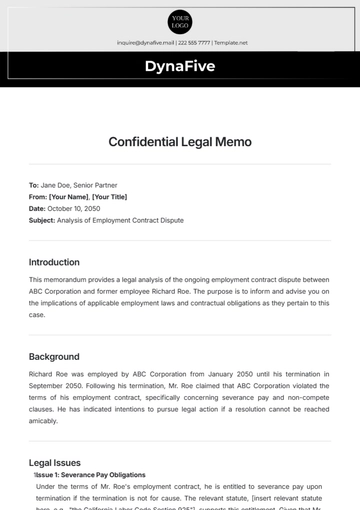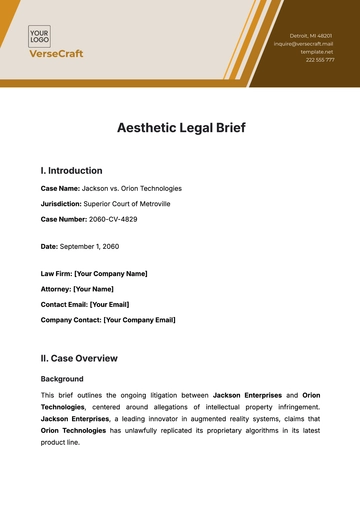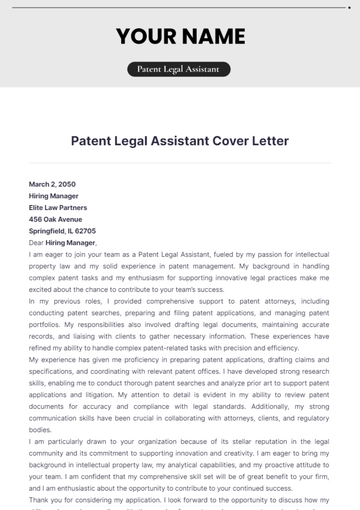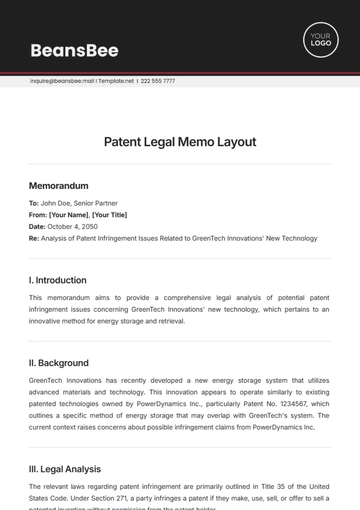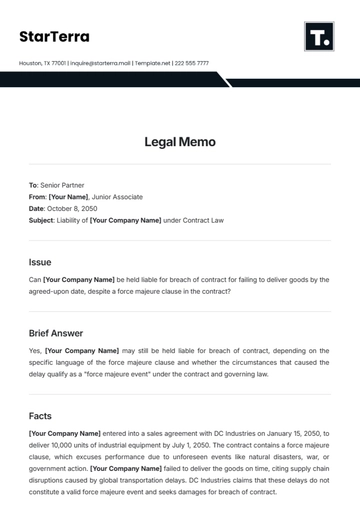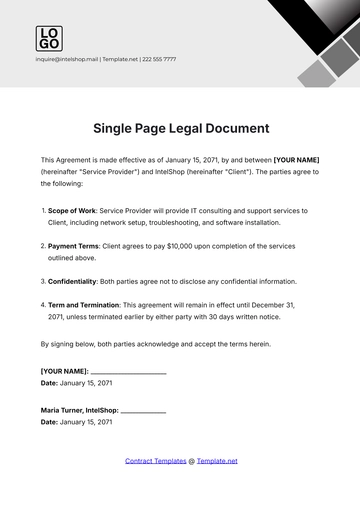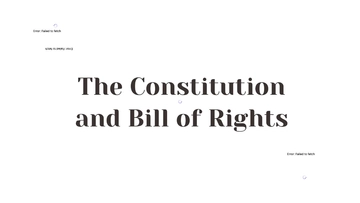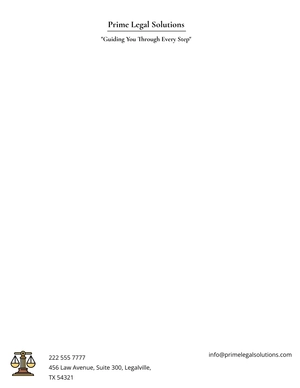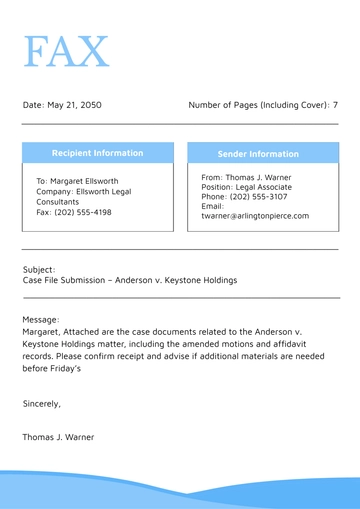Free Property Case Brief

I. Case Information
Case Name: Barrett v. Waters
Court: Supreme Court of New York
Date: June 30, 2060
Citation: 205 NY 5678 (2060)
a. Facts:
In 2058, Mr. Barrett purchased a residential property from Mr. Waters. The property was advertised as having a functioning HVAC system. However, after moving in, Mr. Barrett discovered that the HVAC system was not working.
b. Issues:
Whether Mr. Barrett is entitled to rescind the contract or seek damages for the non-functioning HVAC system.
II. Legal Background
a. Relevant Statutes:
Real Property Law § 235-b
General Obligations Law § 7-103
b. Precedents:
Smith v. Jones, 204 NY 3456 (2055)
Brown v. Green, 203 NY 1234 (2052)
c. Legal Principles:
Under Real Property Law § 235-b, sellers are required to disclose any material defects in the property, including the HVAC system.
III. Arguments
a. Plaintiff's Arguments:
Mr. Barrett argues that the non-functioning HVAC system constitutes a material defect that should have been disclosed by Mr. Waters.
b. Defendant's Arguments:
Mr. Waters contends that he was not aware of any issues with the HVAC system at the time of sale and therefore cannot be held liable.
IV. Analysis
a. Court's Reasoning:
The court found that Mr. Waters had knowledge of the HVAC system's condition prior to the sale and failed to disclose this information to Mr. Barrett.
b. Decision:
The court ruled in favor of Mr. Barrett, granting him the right to rescind the contract and seek damages for the non-functioning HVAC system.
V. Impact
a. Legal Precedent:
This case establishes a precedent for holding sellers accountable for undisclosed defects in residential properties.
b. Practical Implications:
Sellers must ensure that all material defects in a property are disclosed to potential buyers to avoid legal action.
VI. Conclusion
a. Key Takeaways:
Buyers should conduct thorough inspections of properties before purchasing to avoid issues like the one in this case.
b. Recommendations:
Sellers should be proactive in disclosing any known defects in a property to avoid legal disputes.
- 100% Customizable, free editor
- Access 1 Million+ Templates, photo’s & graphics
- Download or share as a template
- Click and replace photos, graphics, text, backgrounds
- Resize, crop, AI write & more
- Access advanced editor
Organize property law cases effortlessly with Template.net's Property Case Brief Template. This editable template in our intuitive Ai Editor Tool simplifies the process of summarizing complex legal matters. Customizable for different property law scenarios, it's an essential resource for legal professionals and students. Make this template yours now, for free!
